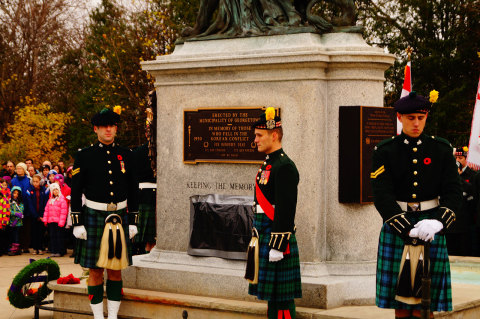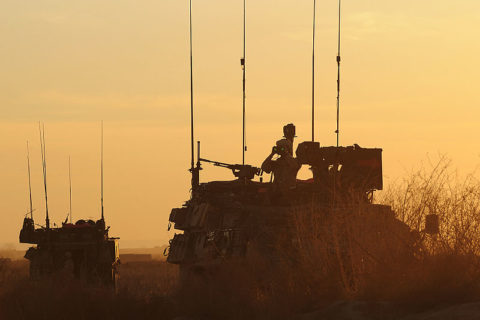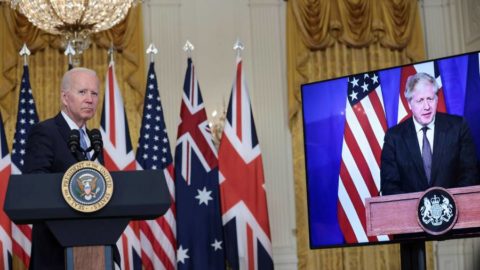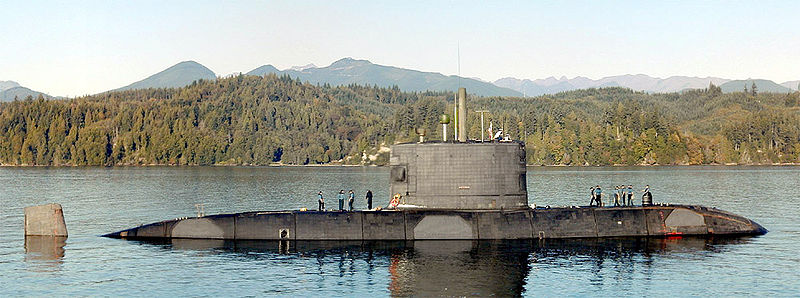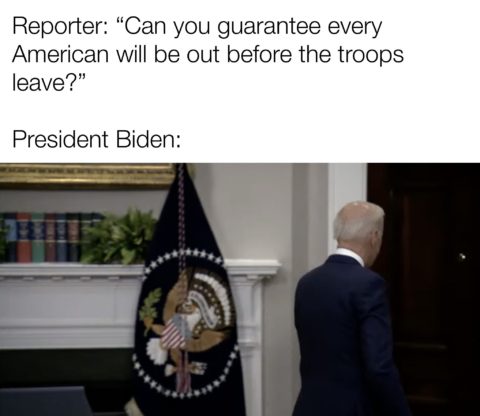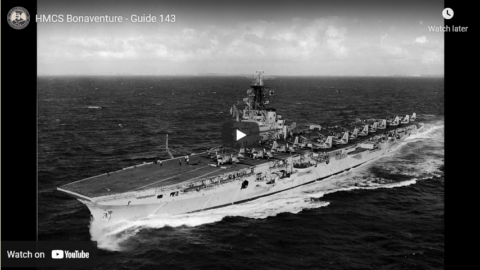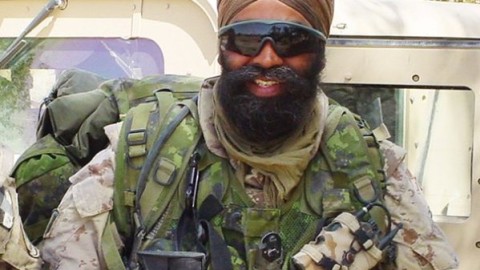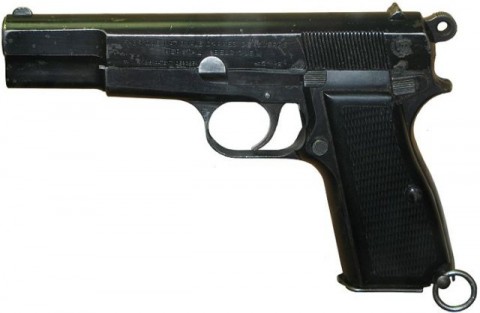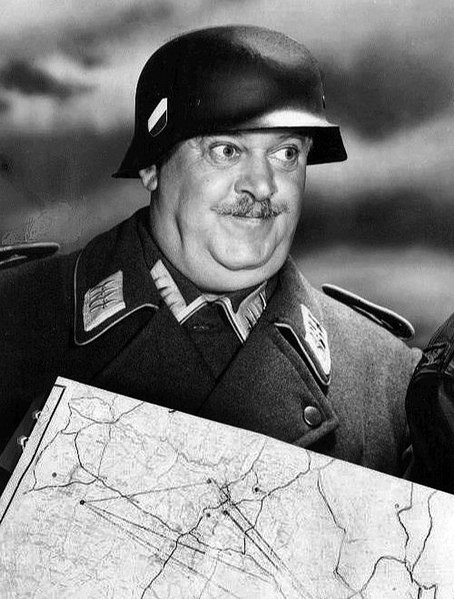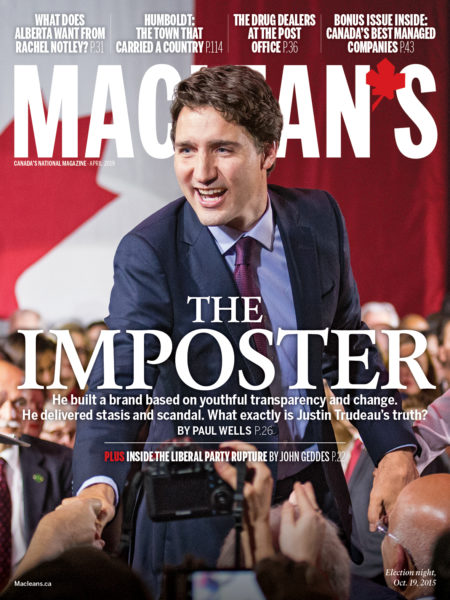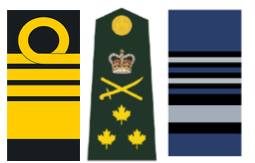In The Line, Matt Gurney discusses the situation of the Canadian Armed Forces as domestic demands escalate (especially in the Vancouver area this week), and the already under-staffed units strain to meet Canadians’ needs:
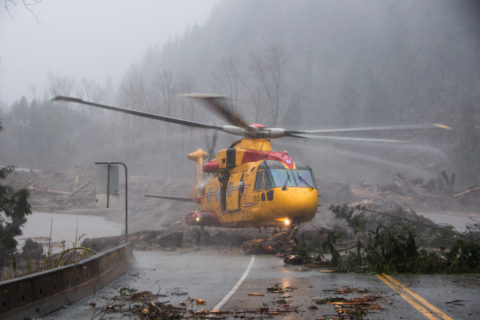
“A job well done by @RCAF_ARC’s 442 Transport & Rescue Squadron. Using 3 CH149 helicopters and supported by a CC115 Buffalo, the Sqn evacuated 311 people, 26 Dogs and a Cat to safety in Agassiz after being trapped by landslides on roads in BC.
RCAF Operations, Nov 16, 2021 (https://twitter.com/RCAFOperations/status/1460664604648947721)”
If you’ve heard of General Wayne Eyre, Canadian Army, it’s probably because he’s currently the acting chief of the defence staff — that’s the top officer in the Canadian Armed Forces, in command of the army, navy and air force. He got the job after the last CDS got entangled in the sexual misconduct scandal now roiling the military. Gen. Erye stands a pretty good chance of being the next CDS on a full-time basis, assuming the government ever gets around to making a decision on that front. Given the attention the Liberals usually give the military, this is not a guarantee.
If you’d heard of Gen. Eyre before all the weirdness alluded to above, there’s a decent chance it’s because of a pretty stark warning he sounded not long ago. Interviewed by the Canadian Press, the general, then head of the army, warned that the military was simply too small to do all that was being asked of it. Specifically, he warned that increasingly frequent domestic deployments were interfering with the military’s ability to conduct large-scale, multi-unit exercises. In typical Canadian fashion, the general reached for a hockey metaphor to describe why such large exercises are essential, and told the CP, “It’s like a hockey team that would never train, never play on the ice together, and then all of a sudden being thrown into an NHL game and be expected to win.”
There are other concerns with increasing domestic deployments, which the CP noted were becoming larger as well as more frequent in line with worsening natural disasters. They exhaust personnel and wear out equipment. But the point was made — the general was telling Canadians that our world was changing, and our military was struggling to keep up. Military guys usually aren’t verbose or particularly expressive. The fact that Gen. Eyre gave this interview at all was notable on its own.
The interview was published on Jan. 20, 2020, by the way, on a day when hundreds of troops were helping Newfoundlanders dig out after a nasty winter storm. Anyone recall what else was getting underway back in early 2020?
As I write this column, I’m watching a press conference from British Columbia government officials, addressing the massive damage done by recent floods and landslides. It’s an unusually emotional press conference. That’s not a criticism, but simply an observation from a journalist who’s watched more of these than he can remember over the years. The ministers are clearly possessed by the enormity of this problem; the minister of transportation aptly described the province’s transportation network as “crippled.” Major highways and railways are either underwater or blocked by debris. Some others seem to have been partially destroyed, the ground beneath them simply gone. Many communities in B.C. are now entirely cut off from the outside world or have, at best, extremely limited access; helicopters are hauling supplies in and stranded people out. The city of Vancouver, Canada’s third largest, is essentially detached from the rest of the country unless one wants to take a huge detour through the United States, which only reopened its land border to Canadians a few days ago.
The economic toll of cutting off the Port of Vancouver from the rest of the country, at a time when supply chain disruptions are already biting hard, is going to be gigantic. Economist Trevor Tombe did some quick math and estimated it at over $2 billion a week in trade between B.C. and the rest of the country that’s just been wiped off the national GDP, not to mention the direct costs of actually fixing the damaged infrastructure, of repairing property damaged or destroyed by the tragedy and, sadly, and the massive losses to farmers in property and livestock, much of which has drowned. This is a big, big economic hit to Canada.

